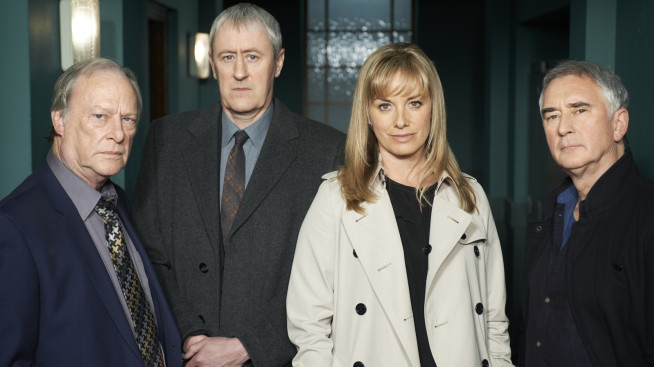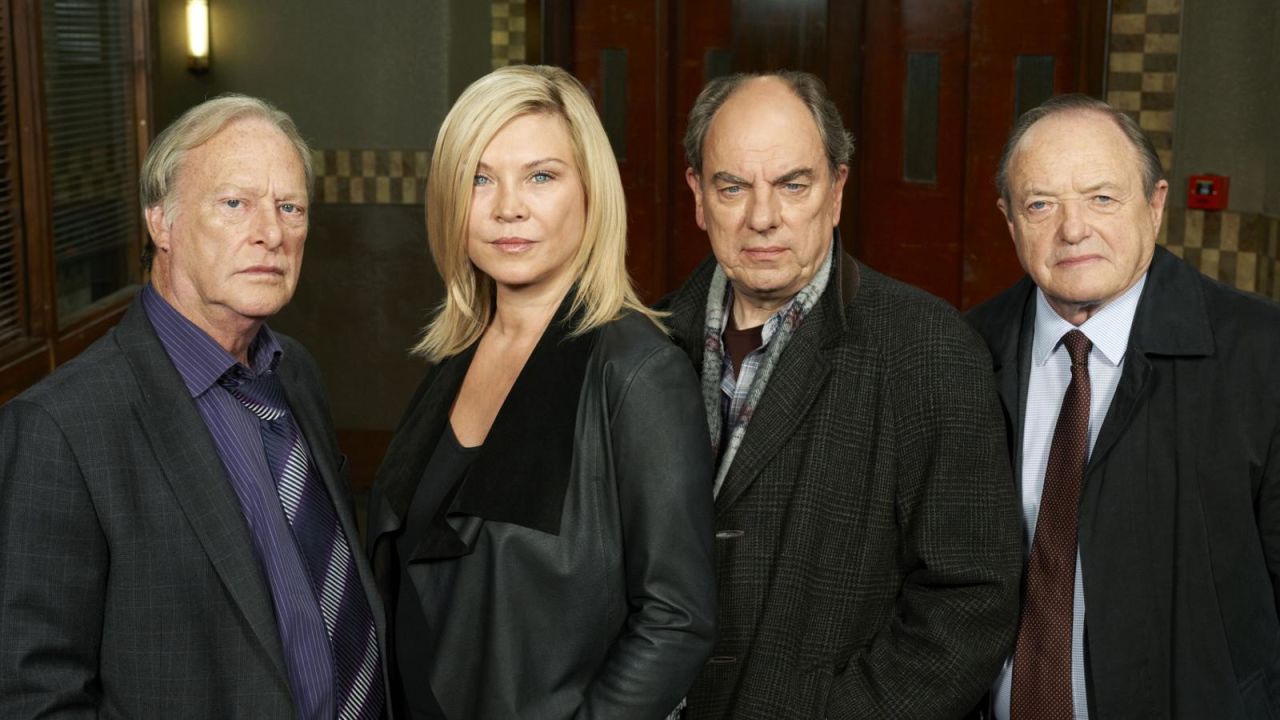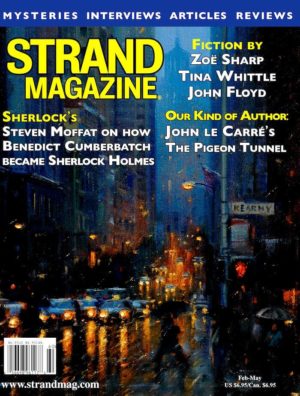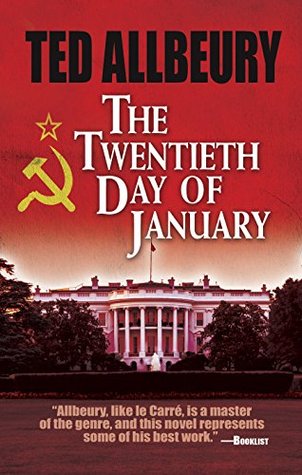15 October 2017
Curiosity
by Leigh Lundin
It’s Bouchercon and no one’s left in town to read my article. Everyone’s in Toronto drinking Canadian whiskey, Canadian beer, and Canadian maple syrup, at least at breakfast, sadly recalling when one’s passport between countries was a friendly wave.
With no one to notice, we can talk about anything we want, free of political correctness constraints that galls thinking people. Okay, okay, all six of you readers remaining in the USA unanimously tweeted you never noticed I particularly restrain myself.
I want to mention a web site called Curiosity.com , a drug for the peripatetic brain. I first became aware of Curiosity as an app for Android, iPhone and iPad. Each day, Curiosity pulls together an eclectic handful of articles found on the web.
Subjects may range from the history and psychology to humanities and science. Curiosity provides a mental vacation from the political glut of news saturating media and minds. The also provide original content.
A number of articles aim at readers and writers… unique book reviews, the psychology of writing, crimes, and historically unusual books such as Ernest Vincent Wright novel Gadsby (written without the letter E), and another take on the Voynich Manuscript. Then there’s the touching article about the little girl who loves bugs– and God love her supportive mother. How can you resist? Walk with me…
13 October 2015
JEWISH NOIR: The Interview
by Melissa Yi
1. Say something Jewish.
Steven Wishnia: Oy vey. Gey kakken oyfn yam. If I sold coffins, nobody would die.
|
M. Dante: Baruch Dayan Emet.
|
2. Say something Noir.
M. Dante: David Goodis
|
Steven Wishnia:
|
S.A. Solomon: A mystery man in a trench coat made off with the bag of bagels ... along with a serrated knife. What bloody deeds will play out on the rainswept streets of Manhattan? You say it was editor Ken Wishnia? Oy. Some people will do anything for leftovers. (Thanks, Ken, for the awesome spread!)
|
3. How did you end up in Jewish Noir?
Steven Wishnia: Well, I'm Ken's older brother. He told me he was doing it, so I sent him the story. We have a good enough relationship so that he would have told me if it was a piece of crap.
|
4. Give me a few words about your story.
Steven Wishnia, "The Sacrifice of Isaac": A tale of money, power, real estate, and race set in 1990s Brooklyn, it begins with a klezmer wedding-band bassist buying cocaine from the son of a politically connected Hasidic real-estate developer in the back room of a catering hall in Williamsburg.
|
5. How was your experience with Jewish Noir?
07 July 2025
Miss Marple Revisited
by Janice Law
by Janice Law
A recent bout of Lyme Disease has had me resident on the couch, watching gallery tours or cook shows on YouTube and revisiting the BBC's late 20th century production of all twelve of Agatha Christie's Miss Marple books. The series stars the incomparable Joan Hickson as the third member of the great trio of cerebral detectives.
While the colors of the videos seem to have faded, Hickson, who began work on the series at age 78, is every bit as sharp and plausible as I remembered. While Poirot and Holmes are memorable in part for their well-cultivated eccentricities, Miss Marple is an extraordinary mind in an ordinary frame.
 |
| Miss Marple in harmless mode |
Indeed, as she herself points out, an elderly lady, being almost universally regarded as both harmless and inconsequential, is free to ask nosey questions and offer sharp observations. Talk about turning disadvantage to profit!
The combination of half-feigned dithering and razor sharp analysis must have been tricky to pull off in both print and film. I think Hickson succeeds in part because she is one of those fine British actors who does less rather than more. Not for her are histrionics or clever bits of business, not even a striking wardrobe such as both Poirot and Holmes enjoy.
In faded pastels and washed out grays, she looks neat and anonymous, but there is no doubt that she has sharp ears and that her chilly eyes miss nothing. "I don't believe anyone," she remarks at one point, which brings me to something I had half forgotten: how very ruthlessly persistent and coldly rational she is, and also how nasty some of the crimes are that she investigates.
The generation of writers that followed Christie reacted not only against the clever and complicated plots, but also against the settings: the cozy version of the class system, the country houses, charming villages, and genteel sections of London. All to the good, mysteries have become grittier, more diverse, or– in the case of popular series like Midsomer Murders, a parody of the older style.
But revisiting the Hickson Miss Marple series, I was struck not only by the vast social changes since the post World War Two era Christie depicted, but also by the continuities in mystery plots. Some literary changes represent a widening of interest, a greater range of characters and social classes, an increased sexual frankness, but others are simply stylistic, a matter of focus and emphasis.
Take Nemesis, one of the best of the series in my opinion. It's tricky and elaborate all right. A fabulously rich man leaves deathbed instructions leading Miss Marple and her nephew on a bus tour of rural churches and country mansions, a route that will involve them in a decade old murder.
Nemesis is full of puzzles, and yet at the heart it is a sinister psychological drama with a killer brutal enough to have stepped out of any modern thriller. In a modern novel, we would undoubtedly open with the first of the killings, a young woman bludgeoned and strangled, while the second would most likely be revisited in a graphic flashback.
Yesterday or today, the material is the same, only the treatment, sanitized in one form, sensationalized in another, is different. Christie found an ideal character for her contemporary format, an observer and analyst who could make old clues speak, who was acceptable everywhere and noticed nowhere – until it is too late for the perpetrator to escape.
Of course, being a rather frail looking woman in her late seventies, Jane Marple is not going to perform heroics. She rarely has to rumple her cardigan, although when called upon, Hickson comes through gamely. She faces down the killer in Nemesis and actually dispatches the villain in Sleeping Murder. Do not try anything with a keen gardener armed with an insecticide sprayer.
In general, though, she relies on tolerant, rather dim policemen for her assistance, and here I was struck by a real difference, no doubt based on assumptions about women and class. Modern detective fiction often pits the amateur (and sometimes the professional) sleuth against the powers that be. The overweening chief constable, the obstructive chief of detectives, the dismissive local force are frequent obstacles.
 |
| Miss Marple's interrogative mode |
No wonder she is skeptical and trusts no one without evidence.
19 July 2017
Five Red Herrings 8
 1. Maybe I've been here before. Five
years ago in this space (wow, we've been doing this a long time,
haven't we?) I wrote a piece about incidental music in movies and TV,
(and by incidental I mean it wasn't written for that show and is
not being performed by a character). The inspiration was Leonard
Cohen's "Hallelujah" showing up in yet another TV show. I wrote: "It
was about five years ago that I concluded that the FCC had passed a new
rule requiring every TV show to feature 'Hallelujah.'" I now have
evidence that I was right (not about the FCC, but about the frequency
of that song's appearances.)
1. Maybe I've been here before. Five
years ago in this space (wow, we've been doing this a long time,
haven't we?) I wrote a piece about incidental music in movies and TV,
(and by incidental I mean it wasn't written for that show and is
not being performed by a character). The inspiration was Leonard
Cohen's "Hallelujah" showing up in yet another TV show. I wrote: "It
was about five years ago that I concluded that the FCC had passed a new
rule requiring every TV show to feature 'Hallelujah.'" I now have
evidence that I was right (not about the FCC, but about the frequency
of that song's appearances.)I am reading The Holy or the Broken, a book by Alan Light that is entirely about you-know-which song. It reports that the first appearance on TV was in Scrubs in 2002. There were five more visits in 2003 and seven in the year after. Each performance pays in the $50,000 range, with half going to the author (and his publisher) and half to the performer (and the record company). Not bad.
By the way, the whole book is fascinating. If a writer of fiction tried to make up the story of Cohen's "Hallelujah" she would have to sell it as fantasy or magic realism. It involves two generations of singers dying young, an animated children's film, TV talent contests, the 9/11 attacks...
 |
| Meet the new boss |
 |
| Blonde as the old boss |
I recently discovered new episodes of New Tricks and all but one of the characters had been replaced, including the leader. And yes, the new one is a blonde woman.
 |
| from Gratisography |
3. Getcha pretty pictures right here. Some of us here at SleuthSayers HQ find ourselves from time to time looking for illustrations that we can use without fearing the Long Arm of the Copyright. The website Guns, Gams, and Gumshoes has a very helpful list of four websites with images free for the using.
4. Steven on Sherlock. The latest issue of Strand Magazine (February-May 2017) has a very interesting interview with Steven Moffat, co-producer and co-creator of Sherlock. Even if you don't watch his show, Moffat's insights into the great original are interesting. To those who complain about his making the characters young and modern he replies that when Doyle invented Holmes and Watson they were young and used the newest technology available. They aged into period pieces as Doyle wrote about them for forty years. He also points out that people don't complain about the James Bond movies yanking the character out of his time period, although Fleming's character was a World War II vet. Definitely worth a read.
 5. Riding a trend? But maybe the most interesting thing in the Strand (and my apologies to John Floyd and the other authors of fiction who appear therein) is a full-page ad for Ted Allbeury's novel The Twentieth Day of January. There
are plenty of ads in the magazine for books, but this one is almost
forty years old. So why bring it back now? Perhaps the plot
description holds a clue:
5. Riding a trend? But maybe the most interesting thing in the Strand (and my apologies to John Floyd and the other authors of fiction who appear therein) is a full-page ad for Ted Allbeury's novel The Twentieth Day of January. There
are plenty of ads in the magazine for books, but this one is almost
forty years old. So why bring it back now? Perhaps the plot
description holds a clue:  "Seemingly out of nowhere, wealthy businessman Logan Powell has become President-elect. But veteran intelligence agent James MacKay uncovers shocking evidence that suggest something might be terribly wrong with the election: is Powell actually a puppet of the Soviet Union?"
"Seemingly out of nowhere, wealthy businessman Logan Powell has become President-elect. But veteran intelligence agent James MacKay uncovers shocking evidence that suggest something might be terribly wrong with the election: is Powell actually a puppet of the Soviet Union?"Timing is the key to success.







